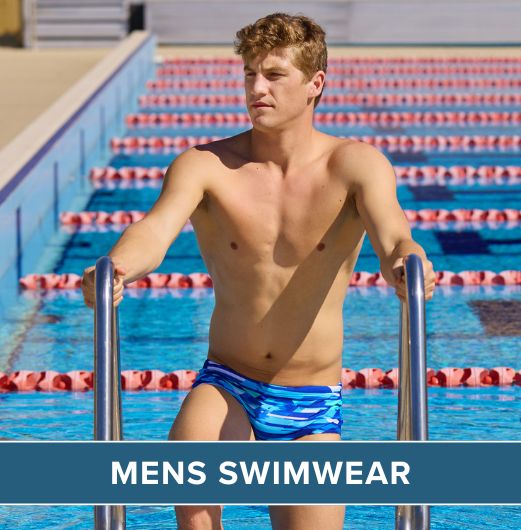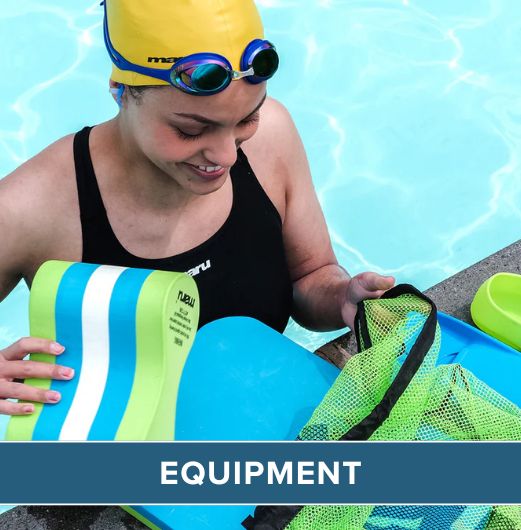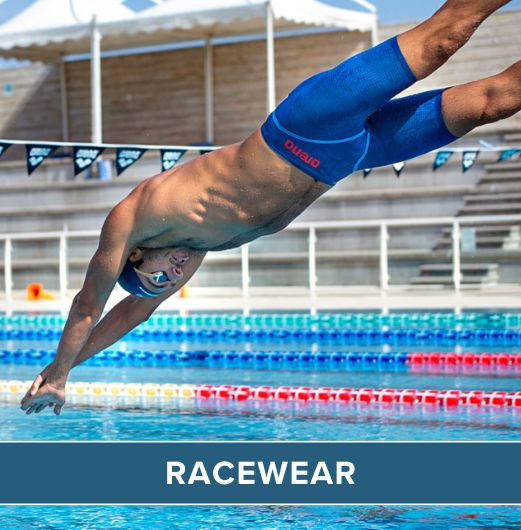In today blogs fitness blogger Katie Brown from Cake v's Scales talks about her recent break from swimming...
There are times in life, when something will trip you up, it might be a hypothetical trip and something you can recover quickly from. Or one of those frustrating “Life Happens” situations, when for a period of time your routine has to change. For many of us it’s in our nature to enjoy routine and consistency, I’m not alone when I say I find change tough. Last year, after a 10 year hiatus from swimming, I made the choice to try OWS (open water swimming) and it gave me so many experiences and memories I’ll hold dearly for years. `
Gradually I started to notice that swimming wasn’t just proving beneficial for my physical health, but my mental health was improving as a result too. With this in mind, I made the switch to a gym with a swimming pool to ensure that I could continue to swim during the winter months. I threw out my regular gym routine and threw in an early morning swim. This change-up left me feeling invigorated, refreshed and ready to handle whatever the day threw at me.

But what happens, when you can’t swim and training simply isn’t possible?
I think it’s fair to say that everyone at some stage in their life will have a stage when having the time or ability to head to the pool isn’t an option. It might be as simple as an big project at work, or even the arrival of a new baby, but most commonly, an injury. Whilst swimming has become an important part of my life, I had to resign myself to 3 months without swimming following a surgical procedure in November.
How are we best to handle the mental side of not being able to swim?
One of the common side effects of injury or sudden lifestyle changes is that is can be hugely detrimental to our mental wellbeing. Rather than sliding into your local pool it becomes easy to slide into a whirlpool of negative emotions, frustration and sometimes even denial. Whilst I’m not a medical professional, I think that self-awareness and acceptance of the situation are key points to focus on. Chances are, it won’t be forever and for better or worse, time really can pass surprisingly fast when we make the time to re-focus.
My personal mission was to find a way to fill the void…
One of the implications of my surgery was the fact I was unable to take part in any high impact sport or anything that would have direct impact on my upper body. Therefore, options such running, or using weight training to build a strong upper body were immediately written off. Whilst my choices might have been limited, I spent my mornings powerwalking and cycling on the recumbent bike. I made time to read more, focus on friendships and I have planned future swimming events, to keep a positive spin for the rest of the year.

But, what about the loss of fitness?
Firstly and foremost, focus on what you CAN do rather than what you can’t do. My initial thoughts whilst recovering from surgery was that I was going to become bored, frustrated and extremely unfit. Whilst it might be tempting to play the “Mind over Matter” card and start training straight away, it’s worth some serious consideration, is the risk worth it if it could be detrimental to your recovery time? I fully understand and accept that it might take me several months to return to my previous levels of fitness, but rather than perceiving this as a stumbling block, I’m treating it as a future goal.
I’ve decided to try and focus on the brighter side of life. There’s a whole new year ahead for me to pack in adventures which include visiting a new open water swimming venue, increasing my distances and enjoying time in the pool.
Find more from Katie at www.cakevsscales.com
 Free Tracked UK Delivery
Free Tracked UK Delivery Hassle Free Returns
Hassle Free Returns Next Working Day OPTION
Next Working Day OPTION Found It Cheaper?
Found It Cheaper?














